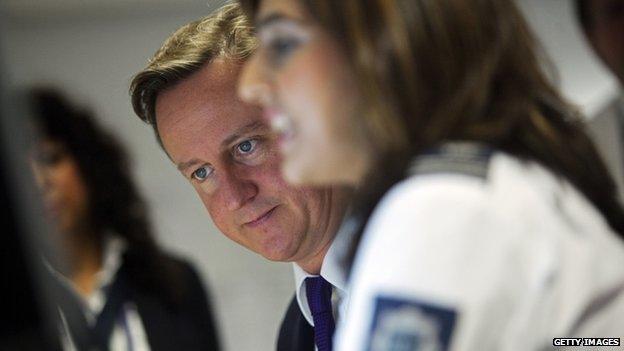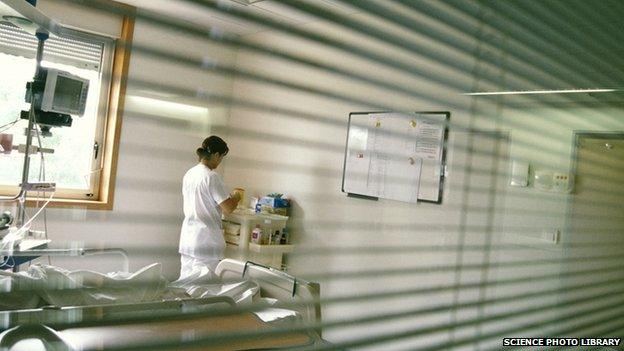David Cameron's options on EU migration
- Published
David Cameron is to set out by Christmas further plans to curb the rights of European Union migrants to work in the UK. What options might be under consideration?


'Croatian' option
Croatia is the latest country to join the EU. It's been reported that Mr Cameron could try to emulate the rules applying there to workers from other countries, including the UK.
Those wanting to live and work in Croatia for more than three months need a work permit, requiring:
proof of accommodation or housing in Croatia
proof of means of financial support
proof of health insurance
proof of purpose for stay (work, family, education, research and so on)
a criminal background check (plus certified translation)
These restrictions are transitional, running out in 2020, when Croatia will have been an EU member for seven years. This is the point at which existing member states have to allow new members full access, as happened with Romania and Bulgaria earlier this year. Croatia imposed its own restrictions as a response.

Emergency brake

Under this plan, immigration from the EU would stop after a certain number of people had entered the country or when the level of immigration was deemed to be too high for the UK's infrastructure and labour markets to cope.
Supporters argue it is flexible, will not mean permanent, far-reaching change and could be achieved without having to amend the Treaty of Lisbon.
This states: "The union shall offer its citizens an area of freedom, security and justice without internal frontiers, in which the free movement of persons is ensured in conjunction with appropriate measures with respect to external border controls, asylum, immigration and the prevention and combating of crime."
But opponents of a brake say it still undermines the principle of the free movement of people and workers and would need treaty reform, requiring the backing of all 28 member countries, possibly taking several years, if it happens at all.

Quotas
This would involve a fixed limit on the number of people from the EU coming to work in the UK. This is likely to require treaty change, as it would fundamentally change the principle of free movement within the EU.
German Chancellor Angela Merkel has reportedly said she would rather see the UK leave the EU than allow this to happen.

National Insurance
One plan involves limiting the amount of National Insurance numbers issued to low-skilled workers. But, according to reports, Germany has also rejected this idea.

Points-based system

Under this plan, the government would replicate the system used to deal with migration from outside the EU. Only those with certain skills and income levels would be allowed in.
This would probably require treaty change.

Income rules

There is a large discrepancy between average earnings in some EU states. There are concerns that this means the UK acts as a magnet for people from poorer nations, overwhelming labour markets and services. One option is to demand a rough parity of earnings before total freedom of movement is allowed between the UK and other EU countries.
Another suggestion focuses on stretching the existing European Commission rules "to their limits" by deporting EU migrants unless they are able to support themselves within three months of arriving. This could involve savings or the offer of a job paying above a certain level.
None of the options have been outlined in full, with full detail expected later this month or early in December.